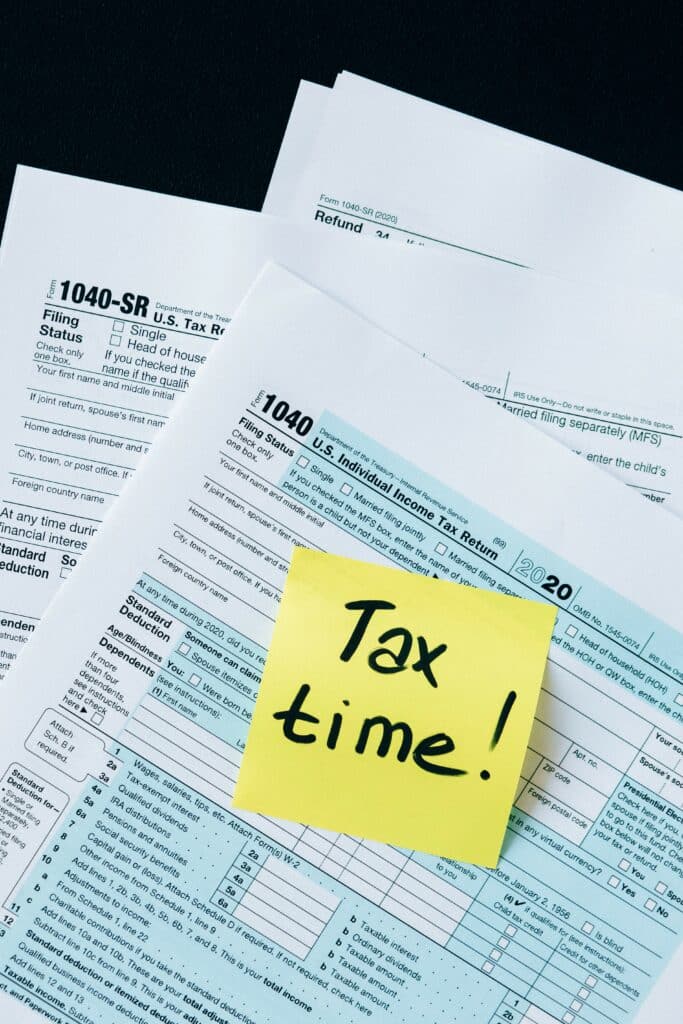The Motley Fool’s recent article entitled “2023 Estate and Gift Tax Rates: What You Need to Know” explains how the estate tax works and is still pretty complicated. There are technically 12 brackets that go into the estate tax calculation, running from 18% to 40%.
However, the way lawmakers handle exempting most people from the estate tax makes all those lower brackets moot. Consequently, anyone with a taxable estate above the lifetime exemption can expect to pay 40% in estate tax.
These amounts are increasing, and in 2023, the per-person lifetime exemption from estate and gift tax will rise to $12.92 million, up from $12.06 million. That means someone with a taxable estate of $12 million won’t pay anything in tax, while a taxable estate of $13 million would pay 40% tax on the $80,000 amount over the $12.92 million exemption, or $32,000 in estate tax.
Remember that it’s a lifetime exemption from estate and gift tax, so you can take advantage of it before your death if you make taxable gifts. However, if you’ve used up some of your exemption to avoid gift tax on lifetime gifts, you’ll have less to cover your estate at your death.
The good news is that it’s pretty easy to avoid the gift tax. Every year, the IRS grants an annual gift tax exclusion that lets you make up to a certain amount of gifts to people without incurring any gift tax.
In 2023, that amount is rising to $17,000, up $1,000 from where it was in 2022. The gift tax exclusion applies to each gift recipient. Therefore, if you want to make gifts to five different people, you can give each of them $17,000 without paying any gift tax.
Most will find the $12.92 million lifetime exemption more than enough to avoid paying gift and estate tax.
However, if you have assets exceeding that amount, you should talk to an experienced estate planning attorney about reducing or eliminating your potential tax liability.
Reference: The Motley Fool (Nov. 15, 2022) “2023 Estate and Gift Tax Rates: What You Need to Know”



